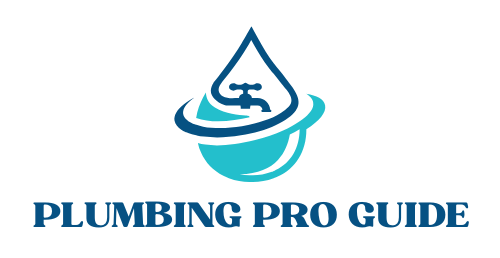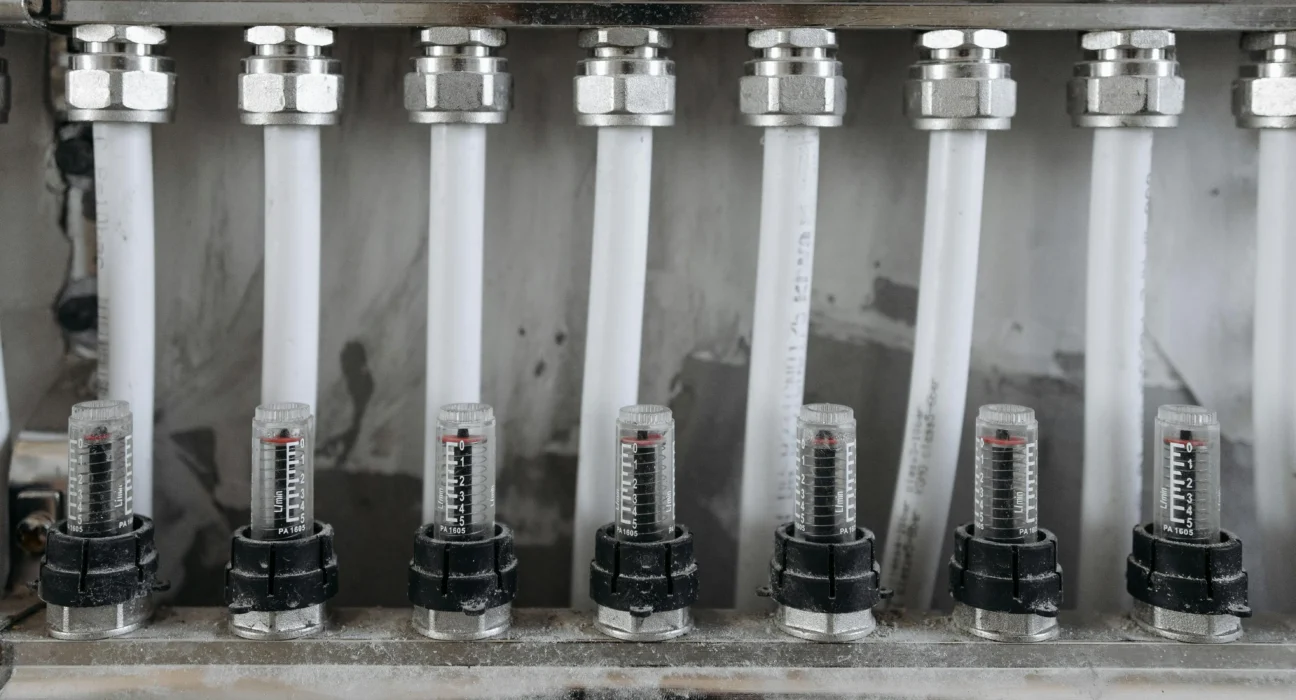What Is Polybutylene Plumbing?
Polybutylene (PB) plumbing was widely used in U.S. homes from the late 1970s through the mid-1990s. It was popular because it was flexible, easy to install, and much cheaper than copper. However, over time, homeowners discovered that polybutylene pipes are prone to leaks, cracks, and sudden bursts, especially when exposed to chlorine and other water-treatment chemicals. Many homeowners now seek professional polybutylene plumbing repair services to replace or fix these aging systems before they cause water damage.
Visit our website for information on plumbing repairs and home fixes.
Common Problems with Polybutylene Pipes You Shouldn’t Ignore
Polybutylene pipes tend to deteriorate from the inside out, which makes the damage hard to detect until a leak appears. Some of the most common issues include:
-
- Frequent Leaks: Small pinholes or cracks that lead to hidden water damage.
-
- Pipe Bursts: Aging pipes can fail under pressure, flooding walls and floors.
-
- Discoloration and Scaling: White or gray flaky buildup inside the pipe reduces water flow.
-
- Fittings Failure: The plastic or metal fittings that connect PB pipes often degrade faster than the pipe itself.
Homeowners often don’t realize they need polybutylene plumbing repair until these hidden problems start affecting their plumbing system. If your home was built between 1978 and 1995, there’s a chance you still have polybutylene plumbing.
Polybutylene Plumbing Repair Cost
The cost of polybutylene plumbing repair depends on the location of the leak, pipe accessibility, and the size of the repair area.
-
- Minor Repairs (Single Leak Fix): $150 – $400
-
- Partial Pipe Replacement: $1,000 – $2,500
-
- Complete Re-Piping (Whole Home): $4,000 – $15,000
For small leaks behind walls, plumbers may use pipe-clamping or patch repair, but this is usually a temporary fix. Because polybutylene pipes continue to degrade, repairs often lead to more leaks elsewhere.
Read about the pipes used in cold weather in the US.
Repair vs. Replacement: Which Is Better?
While repairing one leak might seem cheaper short term, replacement is the long-term solution. New piping materials such as PEX, CPVC, or copper are far more reliable and resistant to chemical corrosion.
Most plumbers in the U.S. recommend re-piping the entire home if multiple leaks have occurred or if the system is over 25 years old. It’s also a smart move before selling your property — homes with polybutylene plumbing often fail inspection or have lower resale value.
Replacement Option
-
- PEX (Cross-Linked Polyethylene):
-
- Flexible, affordable, and resistant to chlorine.
-
- Average cost: $4,000 – $10,000 for an average home.
-
- PEX (Cross-Linked Polyethylene):
-
- CPVC (Chlorinated Polyvinyl Chloride):
-
- Good for hot and cold water lines.
-
- Average cost: $6,000 – $12,000.
-
- CPVC (Chlorinated Polyvinyl Chloride):
-
- Copper:
-
- Highly durable and long-lasting, but expensive.
-
- Average cost: $8,000 – $15,000.
-
- Copper:
When to Call a Professional
If you notice discolored water, low pressure, or unexplained leaks, call a licensed plumber for an inspection. They can confirm whether your pipes are polybutylene and recommend the most cost-effective solution: repair or full replacement.
Polybutylene plumbing repair might fix small leaks temporarily, but these pipes are a known risk in older homes. Replacing them with PEX or copper ensures long-term safety, higher property value, and peace of mind.
FAQs About Polybutylene Plumbing Repair
1. What is polybutylene plumbing?
Polybutylene plumbing is a type of plastic piping used in homes built between 1978 and 1995. It was inexpensive and easy to install, but later found to be prone to leaks and failures due to chemical reactions with chlorine in public water systems.
2. How do I know if my home has polybutylene pipes?
Polybutylene pipes are usually gray, white, or blue and are often labeled “PB2110.” You’ll typically find them near water heaters, under sinks, or entering the home through the basement or crawl space.
3. Can polybutylene pipes be repaired?
Yes, minor leaks can be temporarily repaired with pipe clamps or section replacements. However, these repairs are short-term solutions the rest of the system is likely to fail eventually. Most plumbers recommend full replacement instead of repeated repairs.
4. How much does polybutylene plumbing repair cost?
Polybutylene plumbing repair costs vary depending on the damage and location.
-
Small leak repair: $150–$400
-
Partial replacement: $1,000–$2,500
-
Full home repiping: $4,000–$15,000
5. What is the best replacement for polybutylene pipes?
PEX piping is the most popular replacement option. It’s flexible, affordable, and resistant to chemical corrosion. CPVC and copper are also reliable but tend to be more expensive.
6. Do I need to replace polybutylene pipes immediately?
If you’re experiencing leaks, low water pressure, or discoloration, replacement should be done as soon as possible. Even if no leaks are visible, it’s smart to replace old PB pipes before they cause major water damage.
7. Will insurance cover polybutylene pipe replacement?
Home insurance usually covers water damage from a leak, but not the cost of replacing old polybutylene pipes. Some policies may help if the damage is sudden and accidental, so check with your insurer.


